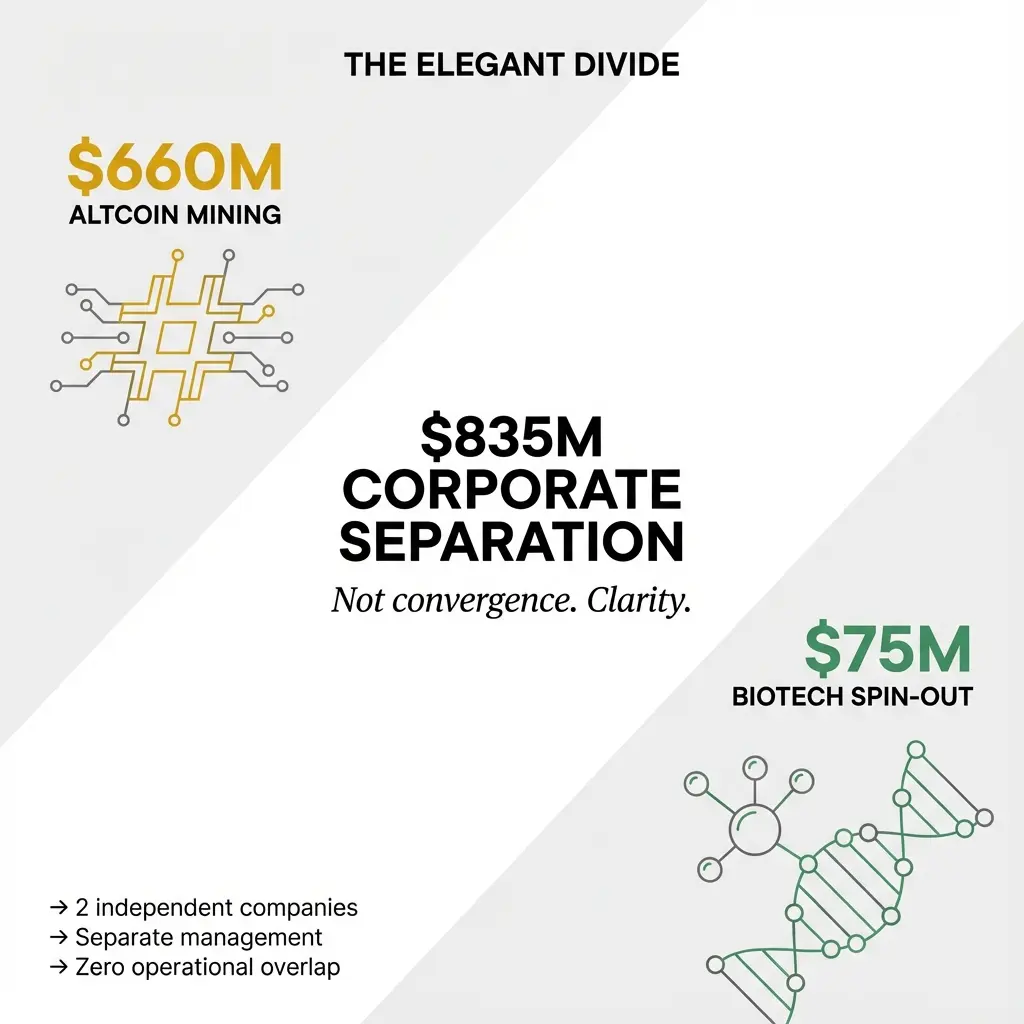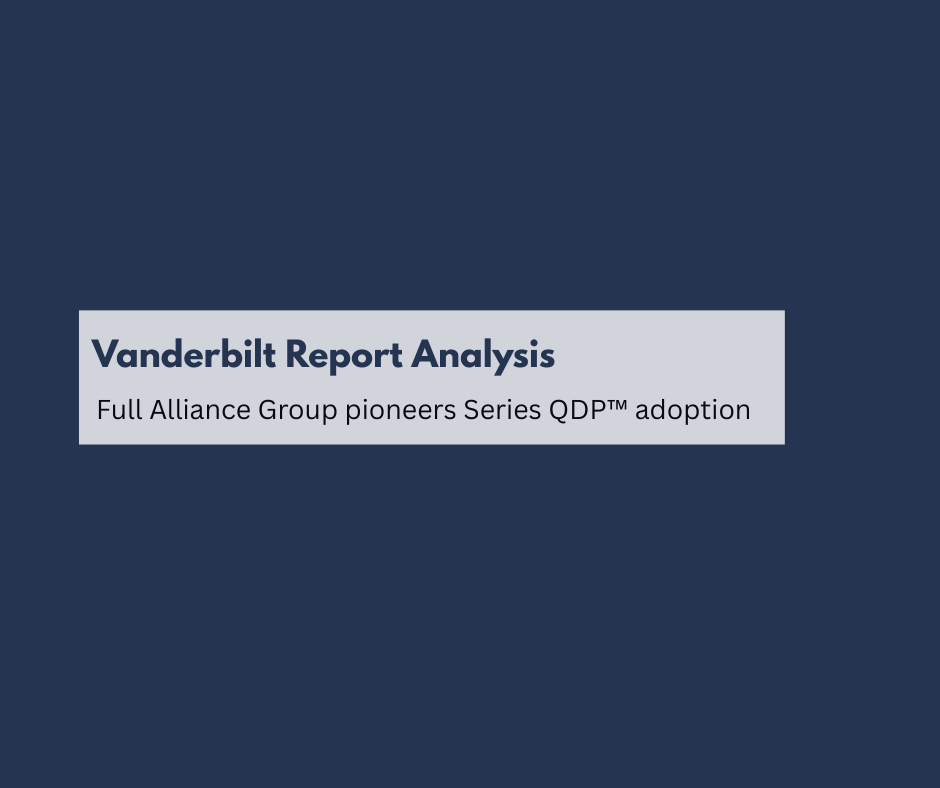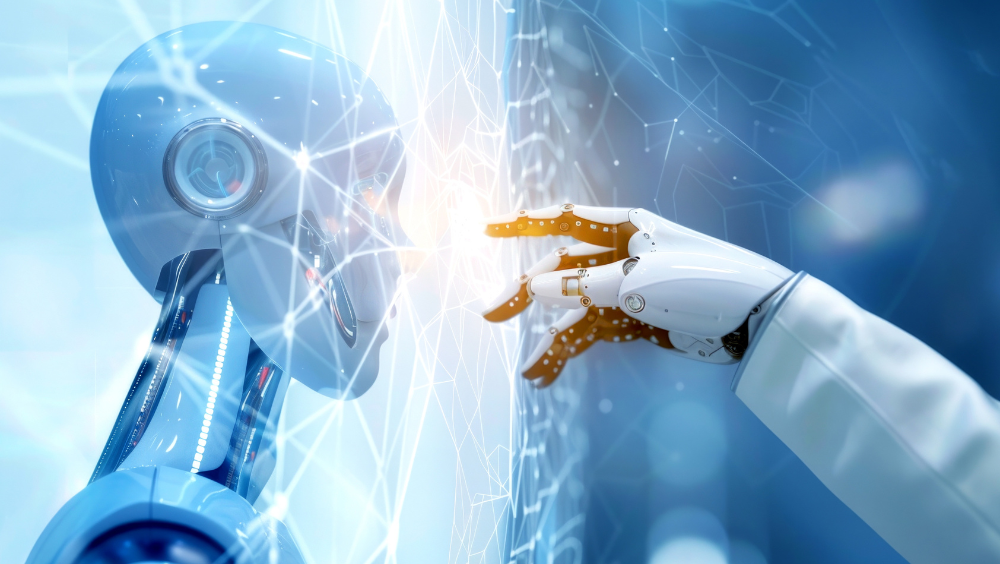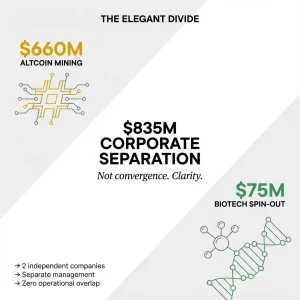Artificial intelligence (AI) and machine learning (ML) have become foundational technologies shaping 2025’s business strategies, technological innovation, and societal advances. AI’s capabilities now span natural language processing, computer vision, autonomous systems, and predictive analytics, delivering unprecedented efficiency, personalization, and insight. This article explores the role of AI and ML in 2025, highlighting key applications, breakthroughs, and the ethical challenges accompanying their rapid adoption.
AI Adoption Across Industries
The AI market is growing at a compound annual growth rate (CAGR) of over 26%, with global spending reaching $120 billion in 2025. Enterprises in healthcare, finance, manufacturing, retail, and transportation utilize AI-powered automation and decision support to reduce costs and accelerate innovation.
In healthcare, AI assists in diagnostic imaging, drug discovery, and personalized treatment plans by analyzing massive datasets and detecting subtle patterns imperceptible to humans. Financial services use AI for fraud detection, algorithmic trading, and customer service chatbots, enhancing security and client engagement.
Manufacturing industries employ AI-driven predictive maintenance and quality control, minimizing downtime and defects. Retailers capitalize on AI for personalized marketing, inventory optimization, and supply chain management.
Advances in Generative AI and Natural Language Processing
Generative AI, exemplified by large language models and image synthesis technologies, has surged in sophistication. These systems autonomously create realistic text, audio, images, and even code, transforming creative industries, content marketing, and software development.
Natural language processing (NLP) advancements enable more conversational AI assistants, automated translation, sentiment analysis, and real-time transcription with nearly human-like accuracy. Businesses automate client interactions and document processing with AI, improving productivity and customer satisfaction.
Machine Learning Democratization
The democratization of machine learning platforms allows organizations of all sizes to build, train, and deploy AI models without extensive data science expertise. Automated ML tools simplify model tuning and deployment, while edge AI enables real-time decision-making on devices from smartphones to autonomous vehicles.
This expanded access accelerates AI’s integration into everyday applications, making intelligent features ubiquitous and enabling faster adoption across sectors.
AI Ethics and Responsible AI
With AI’s growing societal impact, ethical considerations have become central. Issues surrounding bias, privacy, transparency, and accountability prompt governments and organizations to develop frameworks for “responsible AI.”
Regulatory efforts emphasize explainability, fairness, and data protection. Organizations are investing in AI auditing and bias mitigation to ensure equitable outcomes and maintain public trust.
AI in Automation and Workforce Transformation
AI-driven automation is reshaping the workforce, automating repetitive, rule-based tasks and augmenting human roles with intelligent assistants. This shift demands workforce reskilling and adaptations in organizational culture.
While concerns about job displacement persist, AI creates new jobs in data science, AI ethics, and human-machine collaboration, necessitating strong education and policy responses.
AI-Powered Innovation Frontiers
In 2025, emerging AI fields such as reinforcement learning, neuromorphic computing, and federated learning push the boundaries of machine autonomy, efficiency, and privacy. Autonomous vehicles and drones operate with increasing precision and safety, while AI-powered robotics transform logistics, manufacturing, and even household tasks.
AI integrates with biotechnology to accelerate drug development and personalized medicine, illustrating cross-disciplinary breakthroughs enabled by intelligent algorithms.
Challenges and Future Outlook
Despite rapid progress, AI faces challenges including data quality, model robustness, energy consumption, and trust issues. Researchers are developing energy-efficient AI models and privacy-preserving techniques to address these concerns.
The future of AI in 2025 and beyond is one of collaborative intelligence—where human creativity and judgment combine with machine speed and scale to solve complex problems and create societal value.
Conclusion
Artificial intelligence and machine learning in 2025 are catalysts for economic growth, scientific discovery, and societal transformation. Organizations and individuals who embrace AI responsibly—balancing innovation with ethics—will unlock enormous potential in business optimization, healthcare impact, and daily life. As AI becomes more embedded across sectors, its role as a fundamental driver of the future becomes indisputable.















